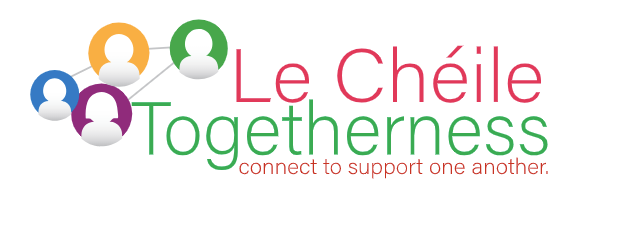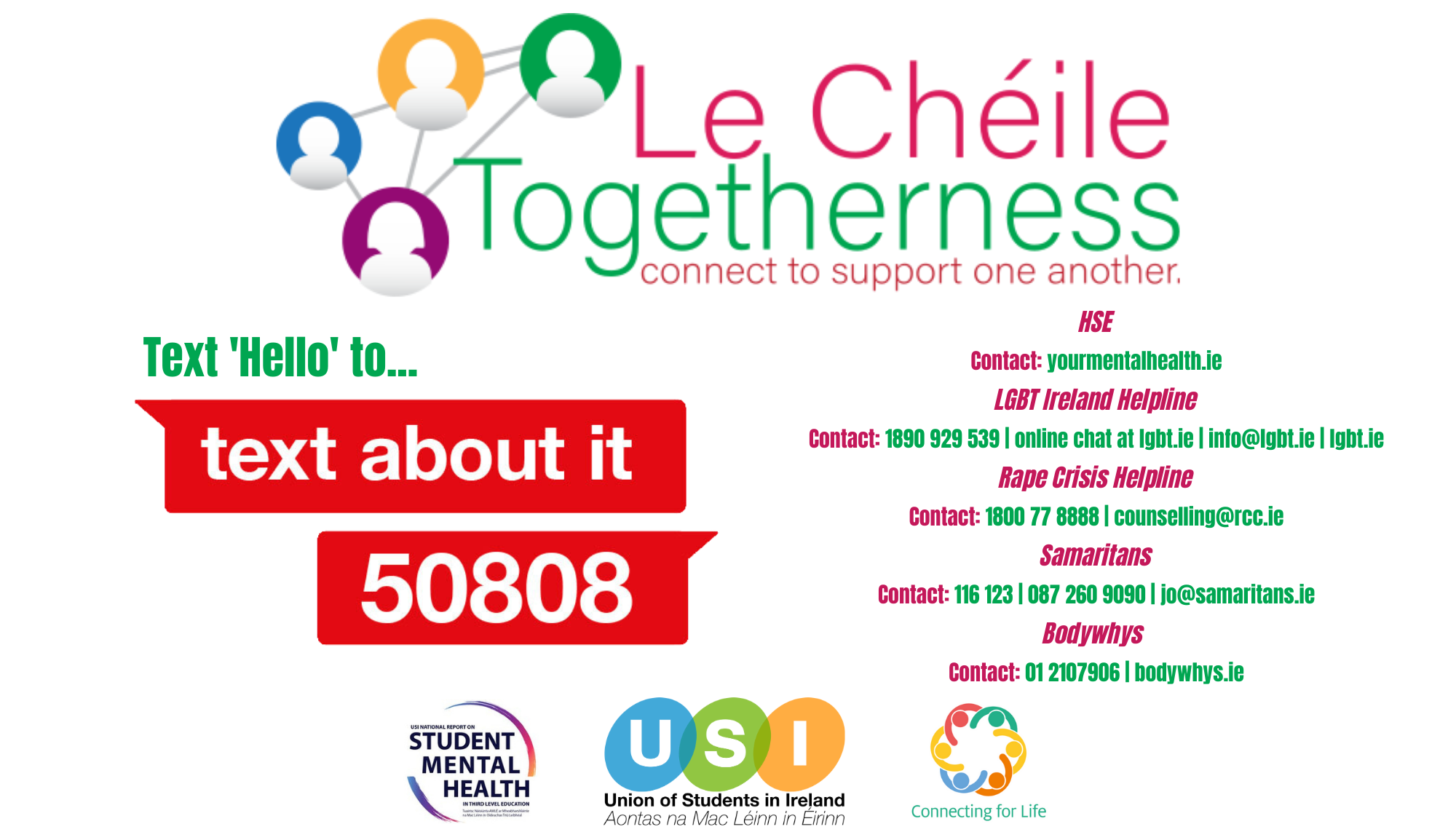Talking to a friend about their mental health
It can be hard to know what to do when we are worried about a friend’s mental health. Talking to them in a supportive way and showing that you are there for them is often the best thing we can do to support a friend going through a tough time.
Choose a time and a place where you both have time to relax and talk without interruption. Some good options include over a coffee or on a socially-distanced walk. Let your friend know that you are concerned about them, encourage them to talk about their feelings, and listen carefully to what they have to say. Let them know that it’s ok to feel how they’re feeling, and you are there for them.
Active Listening
One approach that can help when talking to someone we care for about their mental health is active listening. With active listening, although you still do some talking, you are really acting as a sounding board. What you say helps to encourage the other person to talk. Often, we can tend to say things that, while well-meaning, can bring a conversation to a halt, or make the person feel uncomfortable or like they aren’t being understood.
For example, instead of ‘I know how you feel’, try saying something like ‘sounds like that must be really tough’. Instead of ‘try not to worry about it’, try saying something like ‘I understand that it must be hard not to worry about that’. These types of statements can help to show that you are listening, that you care, and that you understand this is a hard time for them.
Open Questions
Open questions are a part of active listening and help encourage the other person to talk about their feelings. Closed questions only require yes or no answers. For example, instead of asking ‘has this been going on for a long time?’ you could ask ‘how long has this been going on for?’
Reflecting with Empathy
It’s important to remember that tough times feel different for everyone. Reflecting back what the person has said to them in a caring way, rather than comparing to your own experience or what you imagine it must be like for them can be an effective way of making the person feel heard.
For example, if your friend says, ‘it’s been really tough recently’, it can be hard to know what to say back to that. Reflecting back to the person (without repeating their exact sentence back) can help – for example ‘sounds like you’ve been finding things tough’.
You Don’t Have to Fix Things
You may feel like you don’t know what to tell your friend, and that’s ok – you don’t have to tell them anything. The best way to help is to be there, and to ask questions that help your friend to talk. This can help your friend to find their own answers. All you need to do is start the conversation. Not knowing the answers doesn’t mean that you aren’t the right person to talk to your friend. The fact that you are about your friend is enough.
Top Tips
Remember to look after yourself when supporting your friend. It can be hard and emotionally tough to have a conversation about mental health. Make sure that you take time out to do things for yourself. If you feel worried or unable to cope with the outcome of the conversation, seek help for yourself.
Remember to have fun – sharing worries and concerns is an important part of friendship but it is just as important to have fun and to keep doing things that you enjoy together. Keep inviting your friend to be a part of fun things – even if they don’t want to come for the moment, it’s important they still feel included, and they might decide to join in the next time. Sometimes fun things can serve as a break or distraction from hard times which can be helpful too.
What if they deny there is a problem, or react badly to your concerns?
Talking about mental health can be a sensitive subject for all involved. Your friend may not realise or accept that there is anything troubling them, or they may respond negatively to your raising of concerns. That doesn’t mean you have done anything wrong. If your friend seems unable or unwilling to talk to you about their difficulties keep the conversation open and let them know that you are there for them whenever they might want to talk. It might be that they are scared, or just not ready to talk, and that’s ok. What’s important is that they know they have someone who cares about them and is there to talk if they want to / feel able to.



Recent Comments